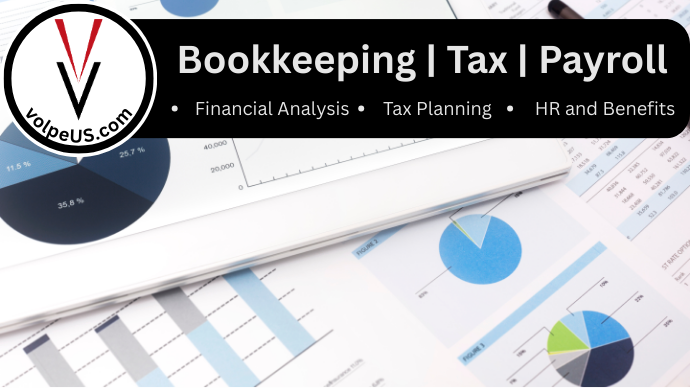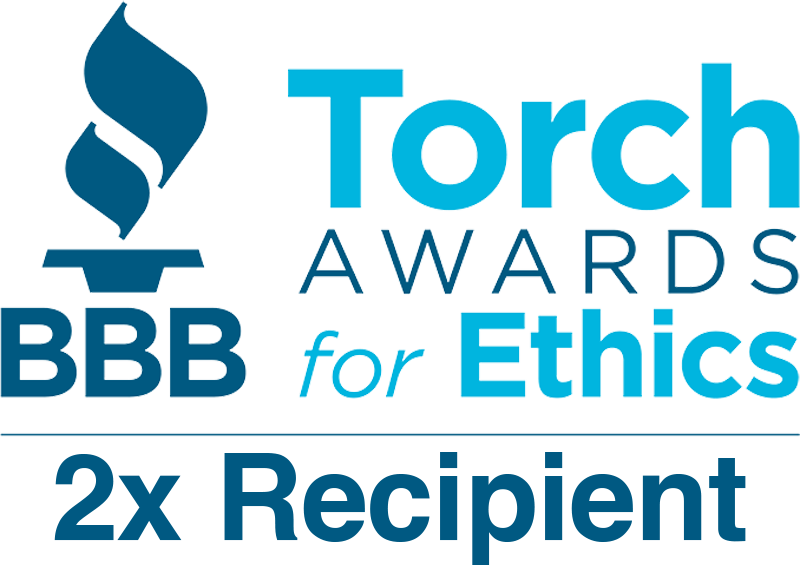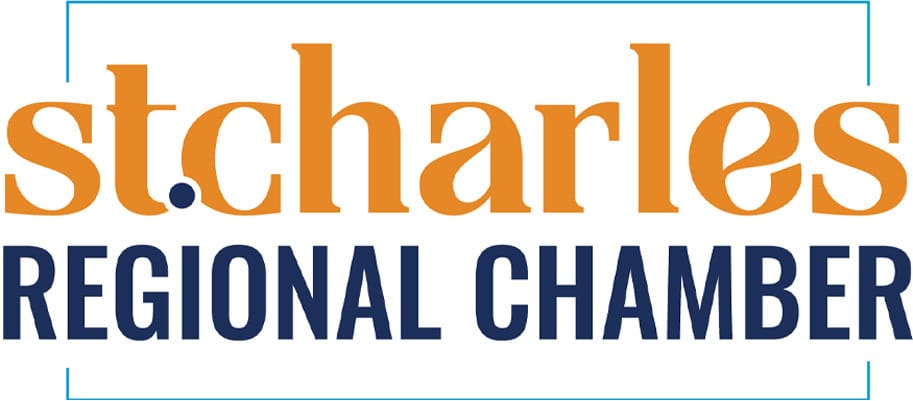Jump to a Specific Section
Proposed Tax Changes for 2025: What They Mean for You and Your Business
As 2025 begins, several proposed tax changes are under discussion following President Trump’s inauguration. While these proposals are still in various stages of development, it’s worth understanding what they mean and how they might impact individuals and businesses. Below, we break down key proposals and provide examples to illustrate their potential effects.
We want to stress that these are merely proposed changes as of this writing. The actual tax landscape may look very different as the coming weeks and and months unfold.
Extension of Tax Cuts and Jobs Act (TCJA) Provisions

The Tax Cuts and Jobs Act (TCJA), enacted in 2017, brought significant changes to the tax code. It aimed to simplify the tax code, reduce tax burdens, and stimulate economic growth. Many of its provisions are set to expire after 2025 unless renewed.
We won’t go into every aspect of the TJCA, but here are the main areas of focus for our purposes here:
Qualified Business Income (QBI) Deduction
- What it is: A 20% deduction for pass-through businesses like LLCs, sole proprietorships, and S-Corps.
- Current Status: Scheduled to expire at the end of 2025.
- Proposed Change: Extend this deduction beyond 2025.
- Impact: This deduction lowers taxable income for small business owners. For instance, if a business owner earns $100,000 in qualified income, they may only be taxed on $80,000 after applying the deduction. Extending this deduction would mean continued tax relief for small businesses, fostering growth and reinvestment opportunities.
- Legislative Status: Discussions are ongoing to extend the 20% deduction for pass-through businesses beyond its 2025 expiration. No formal legislation has been introduced yet.
Bonus Depreciation
- What it is: Allows businesses to immediately deduct 100% of the cost of eligible equipment and property instead of spreading deductions over years.
- Current Status: Phased out starting in 2024, with full expiration by 2027.
- Proposed Change: Make 100% bonus depreciation permanent.
- Impact: Immediate deductions reduce taxable income, encouraging businesses to invest in new equipment, technology, or property. For example, a business purchasing $500,000 in equipment could deduct the full amount in one year rather than depreciating it over 5–7 years.
- Legislative Status: Proposals to make 100% bonus depreciation permanent are under consideration, but no bills have been formally introduced.
Corporate Tax Rate
- What it is: The TCJA lowered the corporate tax rate from 35% to 21%.
- Proposed Change: Reduce the corporate tax rate further to 15%.
- How it Affects Businesses: Lower tax rates mean businesses retain more of their profits, which could be reinvested into the company, used to hire more staff, or passed to shareholders. For small businesses, this might level the playing field with larger corporations that already take advantage of complex tax strategies.
- How it Affects Individuals: A lower corporate tax rate could lead to job creation and potentially lower consumer prices, but it might also lead to reduced federal revenue, impacting government-funded programs.
- Impact: A company earning $1,000,000 in taxable income would see their tax liability drop from $210,000 (at 21%) to $150,000 (at 15%), freeing up $60,000 for reinvestment or other uses.
- Legislative Status: The proposal to reduce the corporate tax rate to 15% is in the discussion phase, with formal legislative action pending.
Proposed New Tax Changes

Exemption for Overtime Wages
- What it is: A proposal to exempt overtime pay from income tax.
- How it Affects Workers: Workers who earn significant overtime (e.g., in industries like healthcare, retail, or transportation) would keep more of their take-home pay. For example, if someone earns $10,000 in overtime annually, they wouldn’t pay income tax on that amount under this proposal.
- How it Affects Employers: It could encourage more businesses to offer overtime hours, knowing their employees will benefit more.
- Impact: A nurse working extra shifts and earning $10,000 in overtime annually would not pay federal income tax on that overtime. For someone in the 22% tax bracket, this could mean saving $2,200 per year.
- Legislative Status: This initiative remains a proposal without formal legislative action.
Exemption for Tips
- What it is: A plan to make tips tax-free for employees in service industries.
- How it Affects Workers: Employees in service industries (e.g., restaurant staff, delivery drivers) could see a substantial boost in their take-home pay, as tips would no longer be subject to federal income tax.
- How it Affects Employers: Minimal direct impact, but businesses could find it easier to attract and retain tipped employees.
- Impact: A server earning $15,000 in tips per year would keep more of their earnings. If previously taxed at 12%, they’d save $1,800 annually.
- Legislative Status: The plan to make tips tax-free is still a proposal, with no formal legislation introduced.
Exemption for Social Security Wages
- What it is: A proposal to eliminate federal income taxes on Social Security benefits.
- How it Affects Individuals: Retirees receiving Social Security benefits wouldn’t pay taxes on their distributions, effectively increasing their disposable income. For example, a retiree receiving $30,000 annually in benefits would save up to several thousand dollars depending on their tax bracket.
- How it Affects the Government: This proposal could significantly reduce federal revenue, potentially straining the Social Security trust fund.
- Impact: A retiree receiving $30,000 in Social Security payments would no longer pay taxes on that income. If currently taxed at 10%, this would result in a $3,000 savings.
- Legislative Status: Discussions are ongoing, but formal legislative action has not yet been taken.
Trade and Tariff Policies

What Are Tariffs?
- Definition: Tariffs are taxes or duties imposed by a country on goods and services imported from other countries.
- Purpose: They aim to:
- Protect domestic industries by making imported goods more expensive.
- Generate revenue for the government.
- Influence trade relationships and policies with other countries.
How Are Tariffs Collected?
Collection Process:
- Point of Entry: When goods arrive at a U.S. port or border (e.g., containers from overseas), tariffs are assessed.
- Importer Responsibility: The importer (a U.S.-based business or entity bringing in the goods) is responsible for paying the tariff to U.S. Customs and Border Protection (CBP).
- Payment Timing: The tariff is paid before the goods are released to the importer. This can be done upfront or through a bonded process where importers secure the payment.
- Flow of Costs: While importers pay the tariff, the costs are typically passed on to consumers via higher prices.
Key Point: Tariffs are not paid by foreign exporters or governments. Instead, they are effectively an internal tax paid by U.S. businesses, who then recoup the cost from American consumers.
Proposal: Universal Tariff of 10% and 60% Tariff on Chinese Goods
- What it is: A 10% tariff on all imports, with a higher 60% tariff specifically for Chinese goods.
- Impact on Businesses: A retailer importing $1,000,000 worth of goods annually would pay an additional $100,000 due to the universal tariff. If $500,000 of those imports are from China, they would face an extra $200,000 (60% tariff), significantly increasing costs.
- Impact on Consumers: Higher costs for imported goods could result in price increases on items like electronics, clothing, or appliances.
- Legislative Status: Implementation of these tariffs would require legislative approval, and discussions are ongoing.
Proposal: Creation of the External Revenue Service (ERS)
- What it is: A new agency proposed to handle tariff collection and revenue from foreign sources.
- Impact: Businesses engaged in international trade may need to adapt to new processes and compliance requirements. For consumers, the main impact would come from any changes in product pricing due to tariff costs.
- Legislative Status: The ERS proposal is in its initial stages, with no formal legislative action taken yet.
How These Changes Might Affect You

For Individuals:
- Increased Take-Home Pay: If overtime and tips become tax-free, workers in industries with significant overtime or tipping could see more money in their pockets.
- Retiree Relief: Social Security recipients would benefit from the proposed tax exemption, providing extra disposable income.
For Business Owners:
- Lower Corporate Taxes: Businesses would benefit from reduced tax rates, allowing for reinvestment, hiring, or increased profit margins.
- Incentives for Investment: Extended bonus depreciation encourages businesses to invest in new equipment and infrastructure.
- Challenges from Tariffs: Import-reliant businesses may face higher costs, potentially impacting profitability or necessitating price increases.
For Consumers:
- Higher Prices: Tariffs could lead to increased prices on imported goods, impacting everyday expenses.
- Potential Job Growth: Policies favoring domestic production might lead to job creation in some sectors.
What to Watch For
We are not Constitutional or legal scholars, but it is to our understanding that these proposals will largely need legislative approval before becoming law. It’s essential to stay informed and prepare for changes that could impact your finances. Here are a few steps to consider:
- Consult Your Tax Advisor: Stay updated on potential changes and adjust your financial plans accordingly.
- Review Business Strategies: For business owners, evaluate how these changes could affect your operations, particularly if you rely on imported goods.
- Monitor Consumer Costs: Be aware of potential price changes due to tariffs and adjust your budget as needed.
These proposed changes aim to make permanent certain temporary TJCA rules, and introduce new changes to the tax code, reshaping the tax landscape for individuals and businesses. While some could offer significant savings, others may introduce new challenges. Once again, we can’t stress enough that these are merely proposals and not yet laws or guarantees. Staying informed and proactive is key to navigating these potential shifts effectively.
Contact Volpe Consulting and Accounting for clarity on existing tax law and your current tax situation.














